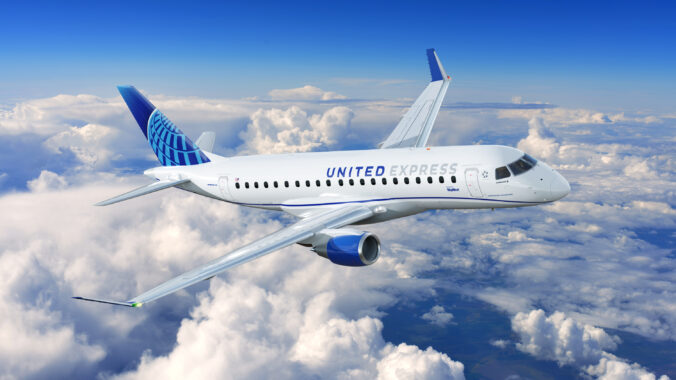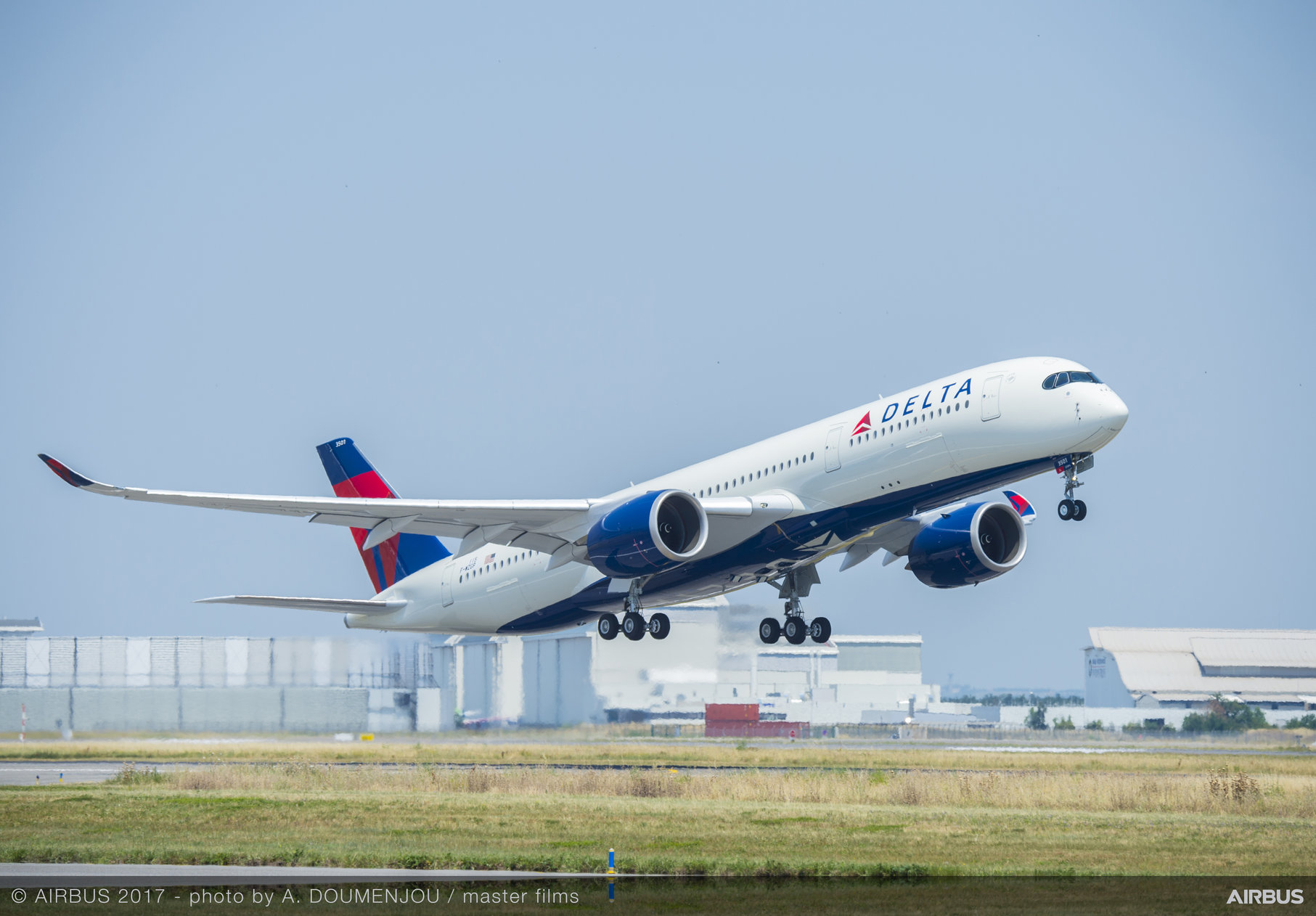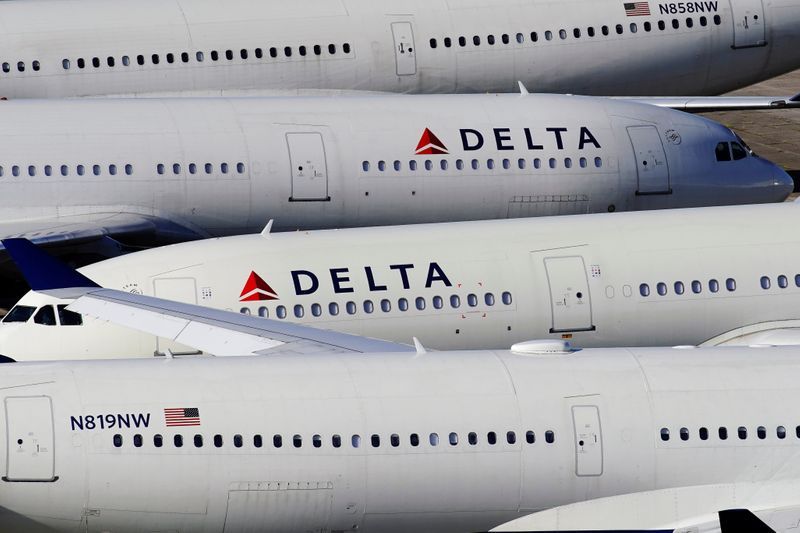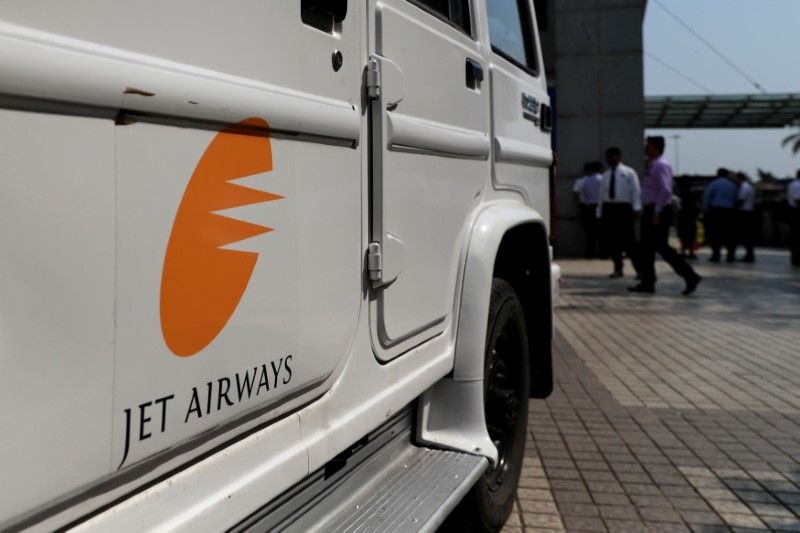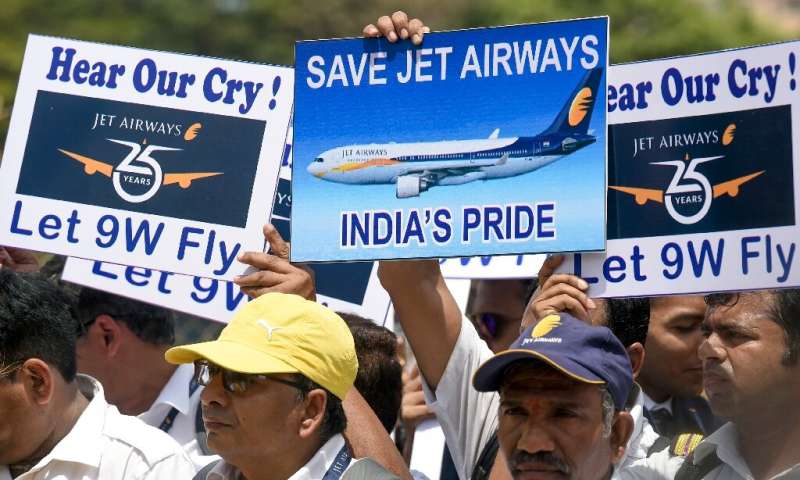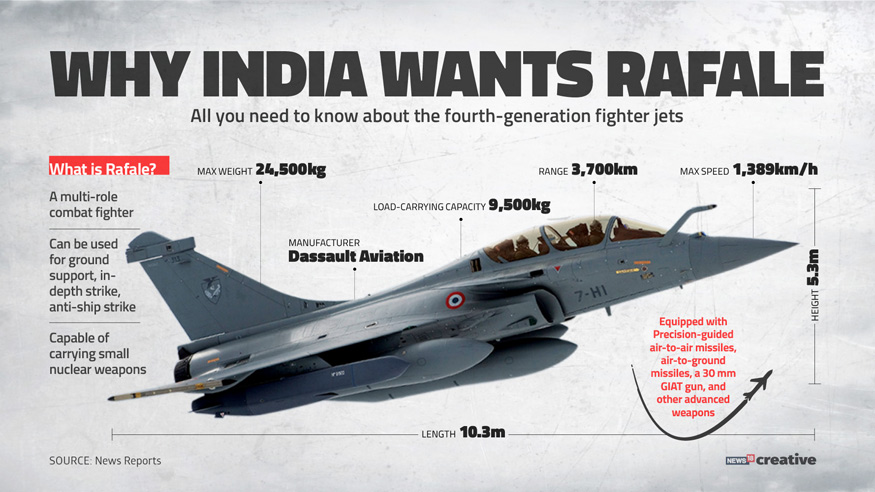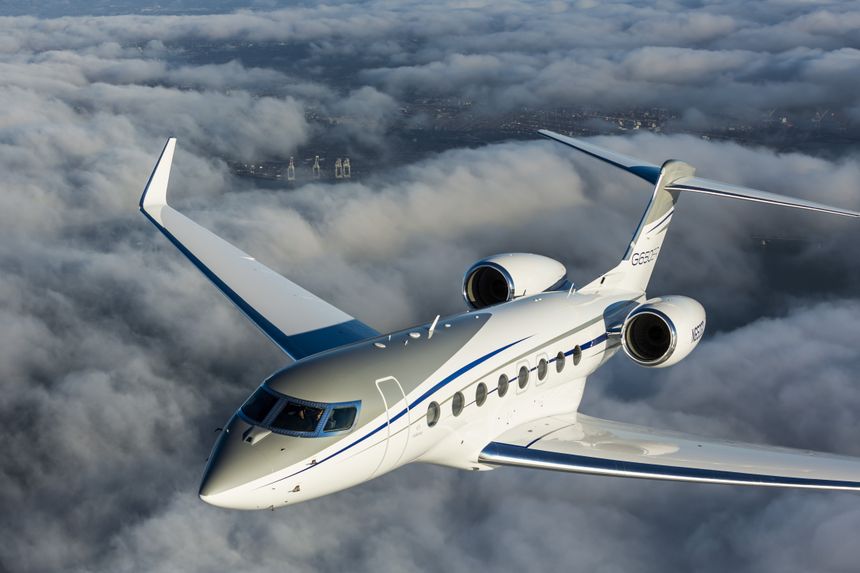KIWI GUARANTEE NO OVERCHARGING FOR RYANAIR FLIGHTS/ANCILLARIES
Following the recent approved partnership between Ryanair Holdings PLC (Ireland: RYA) and OTA, loveholidays.com. Ryanair today (Monday, January 29) announced a new partnership agreement with approved OTA, Kiwi.com, which guarantees that Kiwi will now have direct access to the Ryanair.com website without screenscraping, and Kiwi agree to provide their customers with low Ryanair prices for flights and ancillaries, and will see Kiwi provide the direct accurate customer contact and payment details to Ryanair.
This new approved OTA deal means that Kiwi customers can now buy Ryanair flights/ancillaries at real prices (without mark-ups) via the Kiwi.com website, and Kiwi customers will have direct access to their myRyanair account and will receive all Ryanair flight info directly to their email from Ryanair. Kiwi customers will no longer need to complete Ryanair’s customer verification process which unauthorised OTA Pirates’ customers must continue to do.
In addition to these benefits, this deal also allows customers to enjoy Kiwi virtual interline service which allows customers to book connecting flights, but if they miss their connection flight, Kiwi will reaccommodate passengers free of charge on the next available flight.
Ryanair has long campaigned for all consumers to be protected from OTA Pirate overcharges and pricing scams, and an end to fake customer contact and payment info. This approved OTA partnership with Kiwi demonstrates how OTAs can work with Ryanair in a transparent way that eliminates the need for anti-consumer practices while giving Kiwi.com passengers direct access to Ryanair’s low prices with no overcharges or price scams.
Forward-Looking Statements
This press release may contains forward-looking statements within the meaning of the Private Securities Litigation Reform Act of 1995, including expected delivery dates. Such statements are based on current expectations and projections about our future results, prospects and opportunities and are not guarantees of future performance. Such statements will not be updated unless required by law. Actual results and performance may differ materially from those expressed or forecasted in forward-looking statements due to a number of factors, including those discussed in our filings with the Securities and Exchange Commission.

